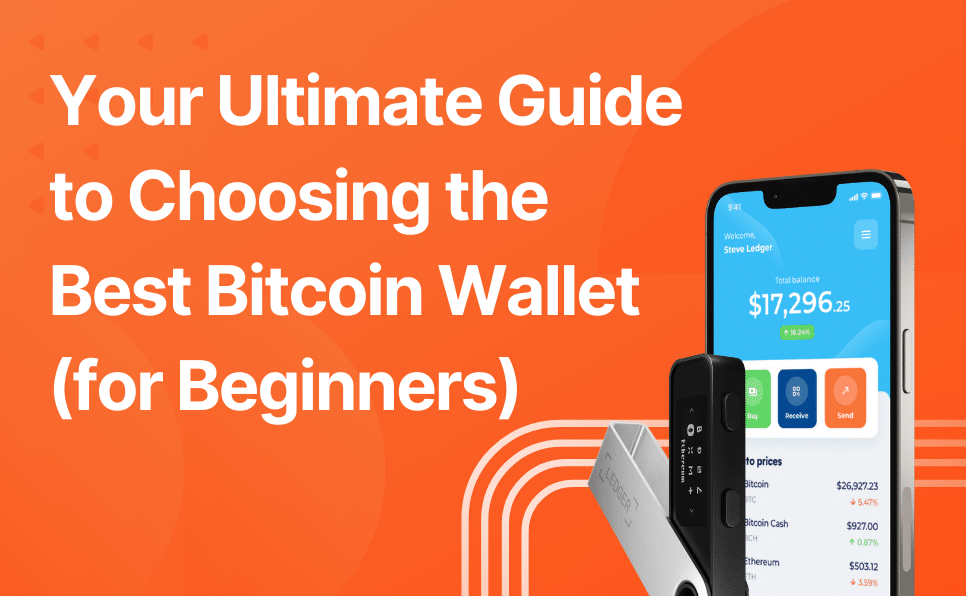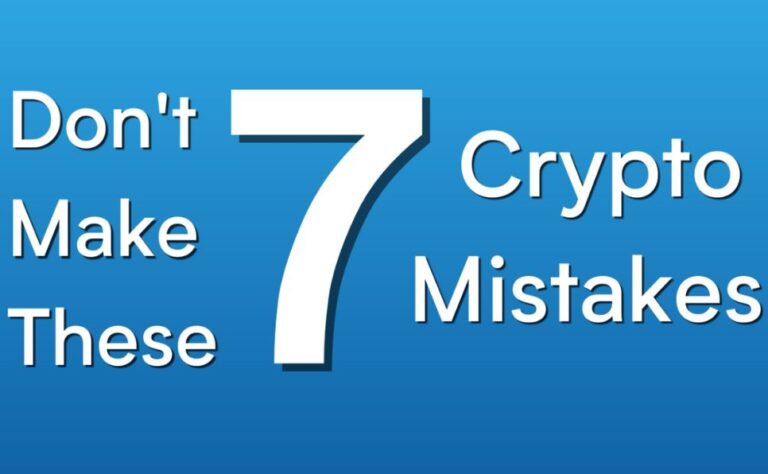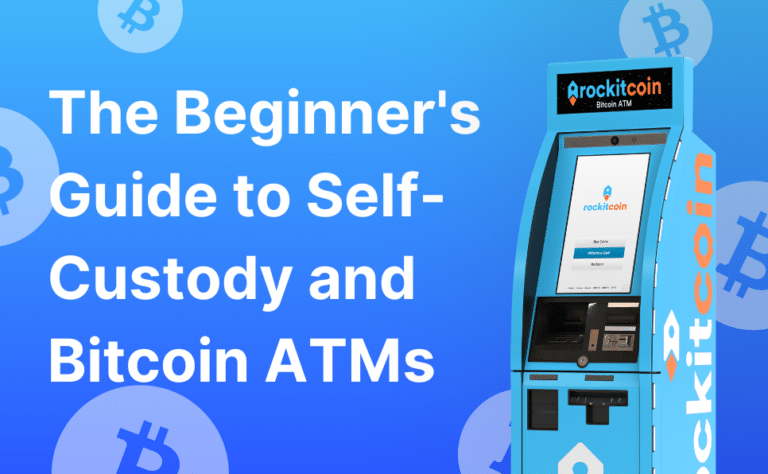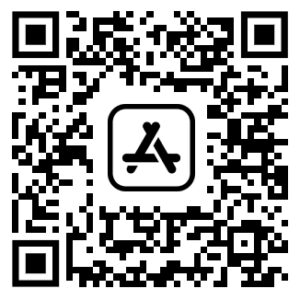Bitcoin has taken the world by storm, and if you’re just getting started with this fascinating digital currency, you’re not alone. One of the first steps in your Bitcoin adventure is choosing the right wallet. With so many options available, it can be overwhelming to decide which one best suits your needs. This guide will walk you through the various types of Bitcoin wallets, their features, and how to choose the best one for you.
What is a Bitcoin Wallet?
Understanding the concept of a Bitcoin wallet is crucial to begin your Bitcoin journey. A Bitcoin wallet is a digital tool that allows you to store, receive, and send Bitcoin securely. Think of it as your personal bank account but solely for Bitcoin.
Bitcoin wallets come in different forms, and each type has its unique features and security measures. Choosing the right wallet is essential for safeguarding your digital assets and ensuring ease of access whenever you need it.
Software Wallets

Desktop Wallets
Desktop wallets are software applications installed on your computer, designed to store and manage your cryptocurrency holdings. They offer a high level of security since your private keys are stored locally on your device rather than online, reducing the risk of exposure to online threats. This makes desktop wallets less susceptible to online hacks, providing an added layer of protection for your digital assets. Additionally, desktop wallets often come with features like backup and recovery options, multi-signature support, and integration with hardware wallets for enhanced security. However, it’s crucial to keep your computer secure with antivirus software, regular updates, and strong passwords to protect against malware and unauthorized access.
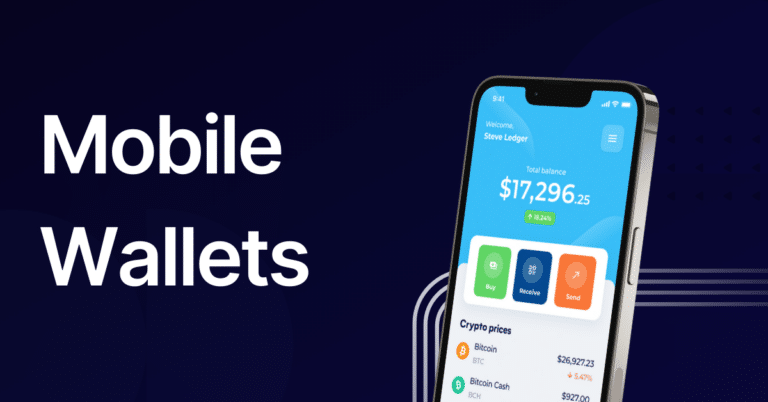
Mobile Wallets
Mobile wallets are apps you install on your smartphone, transforming the way we handle transactions. They are incredibly convenient for everyday use, allowing you to make transactions on the go without the need for physical cash or cards. Mobile wallets often come with features like QR code scanning, which makes it easy to send and receive Bitcoin securely and quickly. Additionally, they provide enhanced security measures such as biometric authentication and encryption to protect your financial information. The RockItCoin mobile app is an excellent choice for beginners, offering a seamless and user-friendly experience. It provides step-by-step guidance for setting up your wallet and makes managing your digital assets a breeze. Whether you’re new to cryptocurrency or looking for a reliable mobile wallet, RockItCoin has you covered.
Download on the App Store | Get it on Google Play

Online Wallets
Online wallets, also known as web wallets, are accessible via a web browser and offer the convenience of managing your cryptocurrency from any device with an internet connection. They store your private keys on a server, allowing you to access your funds easily whether you are using a computer, tablet, or smartphone. While this convenience is a significant advantage, it also introduces certain risks. Online wallets can be vulnerable to hacking and unauthorized access, making it crucial to prioritize security. It’s essential to choose a reputable provider with strong security measures, such as encryption, two-factor authentication, and regular security audits, to protect your assets. Additionally, consider complementing your online wallet with other forms of storage, like hardware wallets, for an extra layer of security.
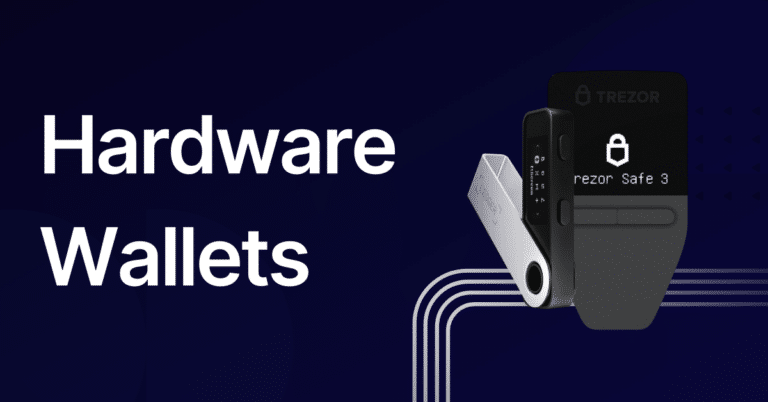
Hardware Wallets
Hardware wallets are physical devices specifically designed to store your private keys offline, ensuring that your cryptocurrencies are kept safe from online threats. They are widely regarded as one of the most secure options for storing Bitcoin and other digital assets. Since hardware wallets are not connected to the internet, they are immune to hacking attempts and malware that could compromise your private keys.
To make a transaction, you simply plug the hardware wallet into your computer or smartphone and authenticate the transaction using the device. This extra layer of security makes it extremely difficult for unauthorized users to access your funds.
Popular hardware wallets include the Ledger Nano S and Trezor, both of which offer user-friendly interfaces and robust security features. Additionally, these devices often come with backup recovery options, ensuring that you can still access your funds even if the hardware wallet is lost or damaged. Overall, hardware wallets provide a reliable and secure way to manage your cryptocurrency investments.

Paper Wallets
A paper wallet is a physical document containing your Bitcoin private and public keys, often printed as a piece of paper or another durable material. You can generate a paper wallet online using specialized websites or software, which then provides you with a QR code and alphanumeric codes for both keys. Once generated, you can print it out or even write it down manually if you prefer.
This method is secure from online attacks, such as hacking or phishing, because the keys are completely offline and not stored on any digital device or network. However, it comes with physical risks. If you lose the paper or it gets damaged by water, fire, or any other means, you lose access to your Bitcoin permanently. Therefore, it’s essential to store paper wallets in a safe, secure place, such as a fireproof safe or a secure location known only to you and trusted individuals.
Comparison of Different Wallet Types
Security Features
Security is a top priority when choosing a Bitcoin wallet. Hardware wallets offer the highest level of security since they store your keys offline. Desktop wallets provide good security if your computer is protected. Mobile wallets like the RockItCoin mobile app balance security and convenience. Online wallets are the least secure, but offer the most accessibility.
Ease of Use
For beginners, ease of use is critical. Mobile wallets are generally the easiest to use, with intuitive interfaces and features like QR code scanning. Desktop wallets can be user-friendly but require some technical knowledge. Hardware wallets involve a learning curve but are straightforward once you get the hang of them. Paper wallets are simple to create but require careful handling.
Accessibility
If you need frequent access to your Bitcoin, mobile and online wallets are the best choices. They allow you to make transactions anytime, anywhere. Desktop wallets offer good accessibility but are limited to your computer. Hardware wallets are best for long-term storage and may not be suitable for frequent transactions. Paper wallets are not ideal for regular use due to their physical nature.
How to Choose the Right Bitcoin Wallet
Factors to Consider
When selecting a Bitcoin wallet, consider the following factors:
- Security: How secure is the wallet? Does it offer two-factor authentication and encryption?
- Ease of Use: Is the wallet user-friendly, especially for beginners?
- Accessibility: Can you access your Bitcoin easily and from multiple devices?
- Reputation: Is the wallet provider reputable and trusted within the Bitcoin community?
Best Practices
To ensure you choose the best Bitcoin wallet:
- Research: Read reviews and user feedback.
- Trial and Error: Try out different wallets to see which one you’re comfortable with.
- Start Small: Begin with a small amount of Bitcoin to test the waters.
Tips for Securing Your Bitcoin Wallet
Two-Factor Authentication
Enable two-factor authentication (2FA) for an added layer of security. This requires you to verify your identity through a second device before accessing your wallet.
Regular Updates
Keep your wallet software up to date. Developers frequently release updates to patch security vulnerabilities and improve performance.
Backup Strategies
Regularly back up your wallet to protect against data loss. Store backups in secure locations, and consider using multiple backup methods, such as external hard drives and cloud storage.
Conclusion
Choosing the right Bitcoin wallet is a crucial step in your cryptocurrency journey. Whether you opt for a software, hardware, or paper wallet, each type has its advantages and disadvantages. For beginners, the RockItCoin mobile app is a fantastic choice, offering both security and convenience.
Start your Bitcoin adventure today with a secure and user-friendly wallet. Download the RockItCoin mobile app and explore the world of digital currency with confidence.
Frequently Asked Questions (FAQs)
What is a Bitcoin wallet and why do I need one?
A Bitcoin wallet is a software application or a physical device that stores your Bitcoin private keys securely. You need a wallet to send, receive, and manage your Bitcoin transactions.
Which type of Bitcoin wallet is the most secure?
Hardware wallets are generally considered the most secure because they store your private keys offline, making them immune to online threats.
Can I use multiple Bitcoin wallets?
Yes, you can use multiple Bitcoin wallets for different purposes. For instance, you might use a mobile wallet for everyday transactions and a hardware wallet for long-term storage.
How do I back up my Bitcoin wallet?
You can back up your wallet by saving your recovery phrase or private keys in a secure location. It’s advisable to use multiple methods and store backups in different places to ensure redundancy.
What should I do if I lose my wallet?
If you lose access to your Bitcoin wallet, you can recover it using your recovery phrase or backup private keys. Make sure to store these in a secure and easily accessible location.
